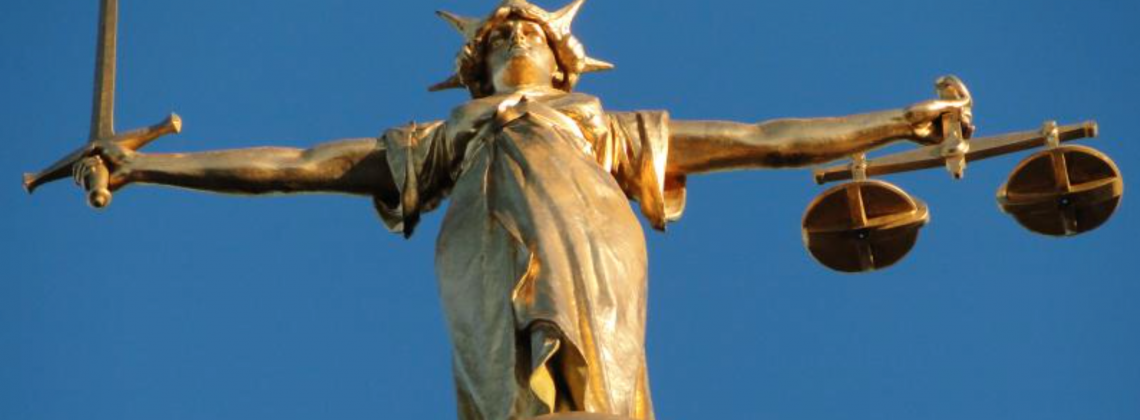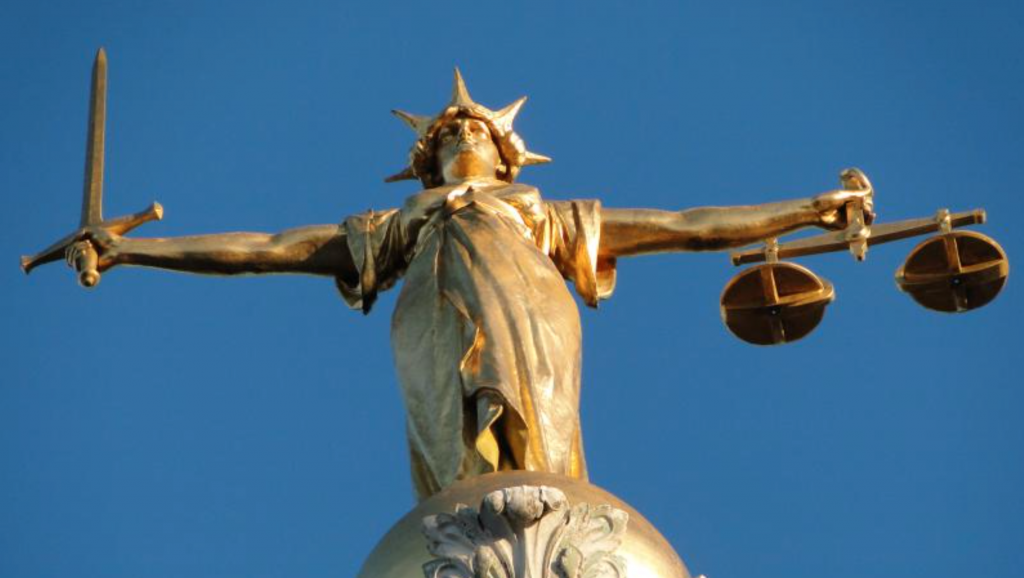

The government’s role in regulating the relationship between itself and religious citizens is good for both the church and the nation
“If you mix horse manure and ice cream the manure will not change, but the ice cream will be ruined forever.”
I cannot remember where I first heard this little ditty—perhaps it came off the tongue of an old Baptist preacher—but it is an excellent metaphor for secularism. When the church gets too close to the sphere of politics the latter rarely becomes more holy and the former is forced to make compromises that will inevitably ruin its witness in the world. This is why Christians should be thankful that our founding fathers constructed a wall of separation between church and state. Granted, over the years the wall has had many checkpoints—places where religion passed into the realm of the state in the form of chaplains, references to “God” in the Pledge of Allegiance and on government buildings, or days of prayer and fasting (to name a few). But thus far this metaphorical wall has done a very good job protecting religious freedom, guarding against the theocratic impulses of fringe groups, and strengthening the life of faith in America.
When many evangelical Christians hear the word “secularism” they either retreat into their monastic enclaves for protection or gird up their loins for a holy war to save the republic. They associate secularism with the kind of scientific atheism advanced by the Bolsheviks during the Russian Revolution and promulgated by communist states such as North Korea, Albania, Cuba, and China. This was the “secular humanism” that Jerry Falwell and the Moral Majority believed was rapidly making its way into the United States through the removal of prayer and Bible-reading from public schools, the feminist movement, the civil rights movement, and what they saw as a growing disrespect for America’s “Christian heritage.” Secular humanism was lurking around every corner. Beware!
But as Georgetown religious scholar Jacques Berlinerblau argues in his recent book Secularism: The Basics, the Christian Right and other forms of religious fundamentalism hijacked the term “secularism” and used it in their ongoing battle against modernity. Indeed, as Berlinerblau argues, “secularism is perpetually defined by its enemies.” For him, secularism is a political ideal that “refers to the legally binding actions of the secular state that seek to regulate the relationship between itself and religious citizens, and between religious citizens themselves.” While Berlineblau’s use of the words “binding,” “state” and “regulate” in the same sentence is unlikely to win over evangelicals with a libertarian bent, his primer on the subject is worth considering in an age when many conservative Protestants are trying to restore America to its supposedly Christian roots, attempting to “make America great again,” and rejecting public health mandates with claims like “Jesus is my vaccine!”
Berlinerblau’s secularism is rooted historically in the Judeo-Christian tradition. It affirms the dignity of all human beings as created in the image of God as affirmed in Genesis 1:27, a view of the human person that manifested itself later in John Milton’s and John Locke’s writings on equality. Secularism affirms the New Testament binary of rendering to “Caesar the things that are Caesar’s, and to God the things that are God’s” (Matthew 22:21; Mark 12:17)—or, as Augustine put it, the differences between the “City of Man” and the “City of God.” Secularism teaches that the representatives of the City of Man are the temporal rulers of this world and must be obeyed (Berlinerblau describes this as government “on top”). But secularism does not rule out the belief that one day the “City of God” will triumph and will remain the governing authority of Christians for all eternity. (Secularism remains neutral on such matters, although its adherents would certainly reject the belief that the kingdom of God will manifest itself in this world). The City of Man falls under the sovereign reign of God and thus its leaders, to quote the Protestant reformer Martin Luther, should be about the work of helping Christians seek “retribution, justice, protection, and help for others.” According to Luther, when the state performs its function correctly it will “catch the wicked” and “protect, acquit, defend and save the good.” When this happens, Christians will flourish.
Secularism also celebrates freedom of conscience in matters pertaining to religion. Like the First Amendment to the United States Constitution, it protects Americans’ rights to worship publicly and guards against theocratic attempts to privilege one religion over another. The 17th-century New England Baptist Roger Williams wrote out of the tradition of secularism when he proclaimed in The Bloudy Tenet of Persecution (1644): “It is not lawful to persecute any for conscience . . . for in persecuting such, Christ himself is persecuted in them.”
The ideas of Luther (and the Lutheran tradition) and Williams (and the Baptist tradition) were eventually fleshed out more fully in the works of secularists such as John Locke, Thomas Jefferson, and James Madison. None of these eighteenth-century thinkers was hostile to religious belief. In fact, they each believed that secularism provided the most advantageous conditions for religion to thrive in the English-speaking world. But they also held that the civil authorities—the government—should not be in the business of endorsing a particular view of religious orthodoxy.
Those evangelicals appalled by their fellow believers’ embrace of Donald Trump as the restorer of Christian America may want to explore the history of secularism in the United States more deeply. In its attempt to make America Christian again, the Christian Right has damaged the witness of the church in the world and turned away young people who have grown disgusted by their spiritual elders’ search for political saviors. It is very possible that a more robust secularism, as defined by Berlinerblau, might have prevented these tragic developments. Or perhaps the January 6, 2021 insurrection on the United States Capitol by men and women brandishing Christian flags and “Jesus Saves” signs would not have even happened in a more secular society. Or maybe a greater commitment to secularism would have curbed evangelical lawmakers from resisting the scientific realities advanced by national public officials in the midst of the pandemic. In this regard, secularism might have saved lives. Maybe the pro-life movement should take note.
Berlinerblau says it best: “For modern political secularisms, scripture and revelation are irrelevant. A good government runs on reason, not on passion. It bases its decisions on logic, not prayerful emotion. Science and data are the drivers of public policy, not biblical verses or suras from the Quran.” As an evangelical Christian, I think this sounds pretty good about now.
John Fea is Executive Editor of Current